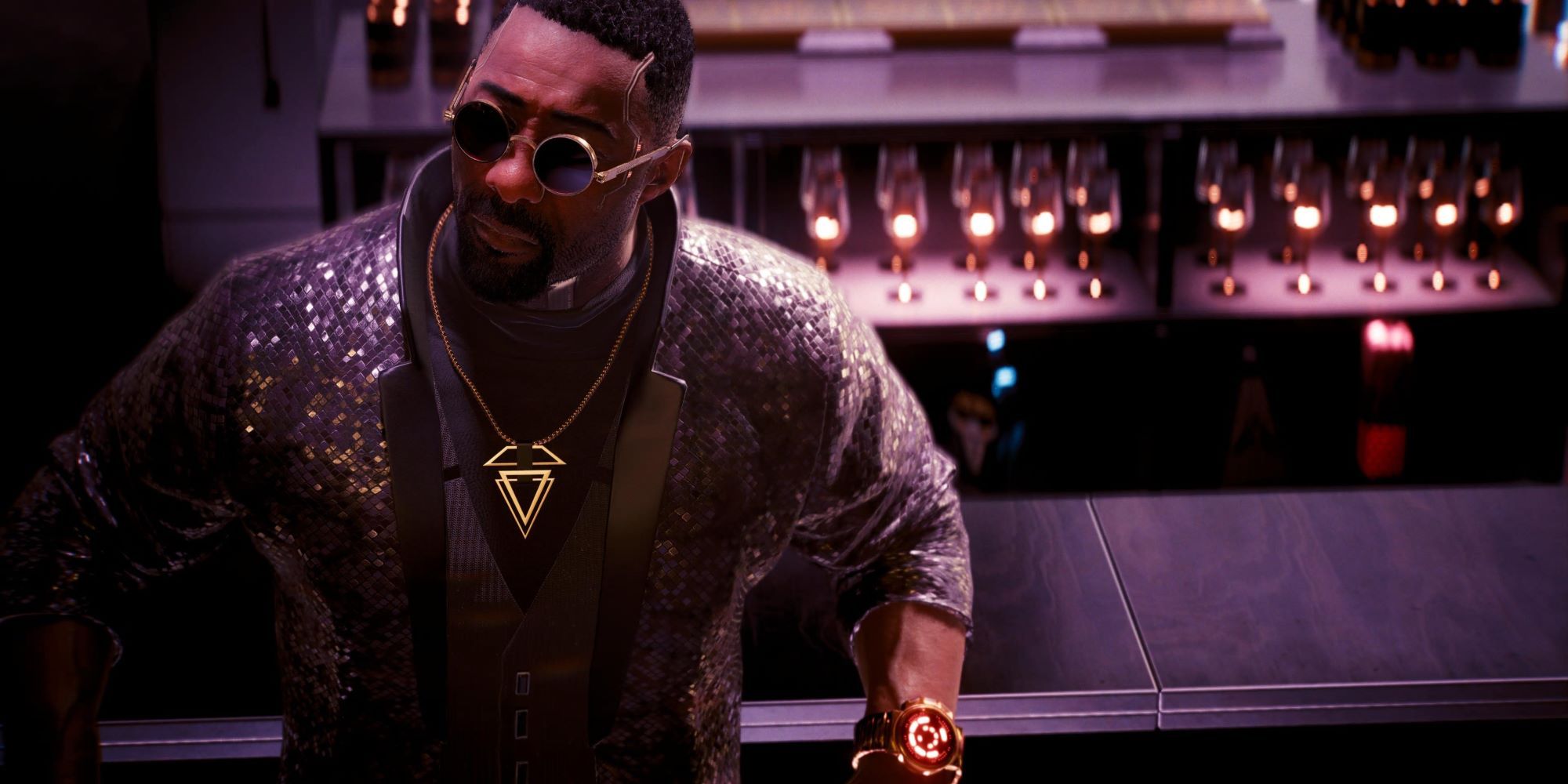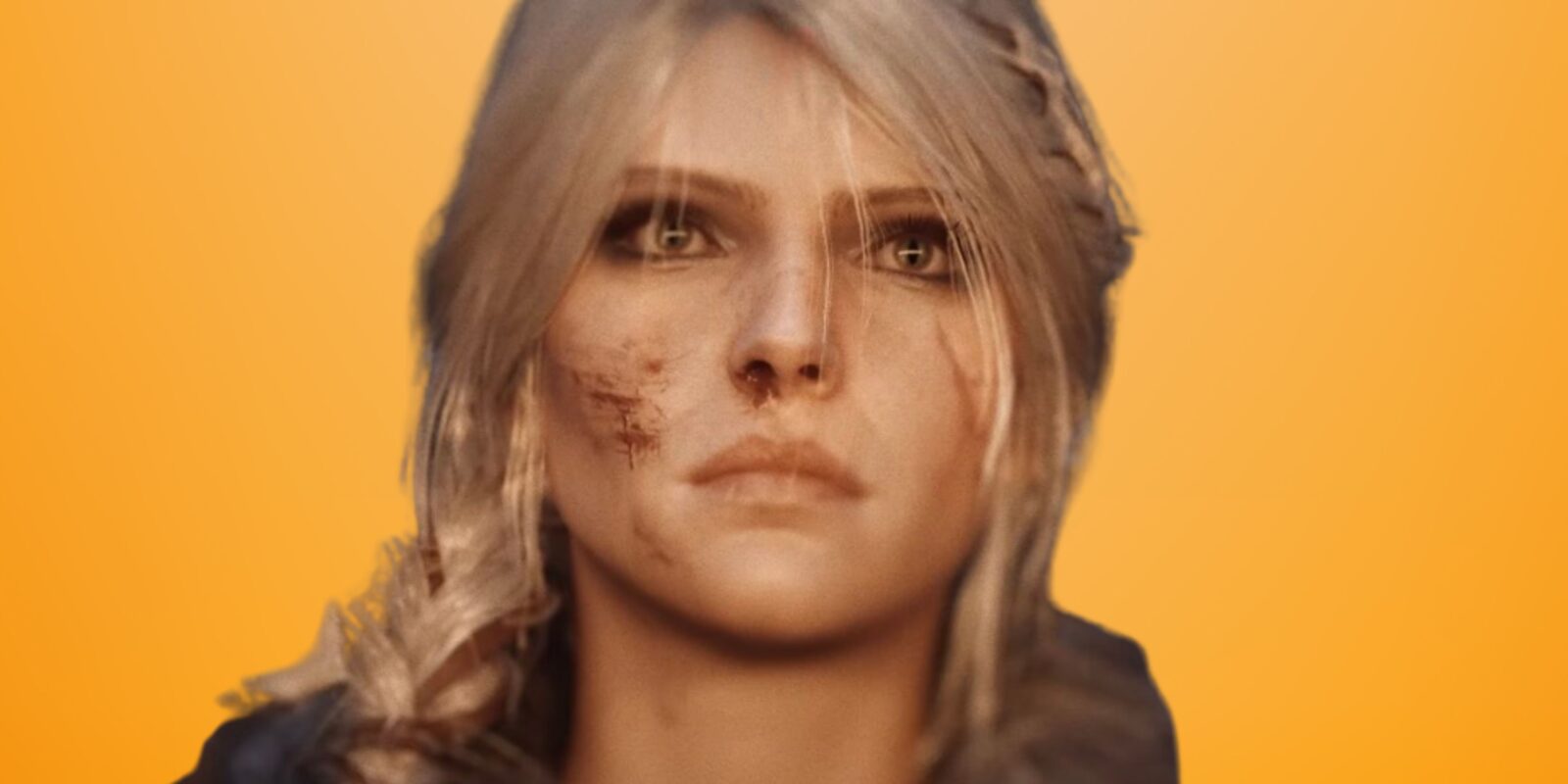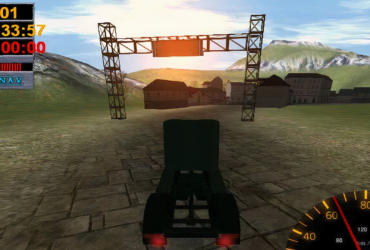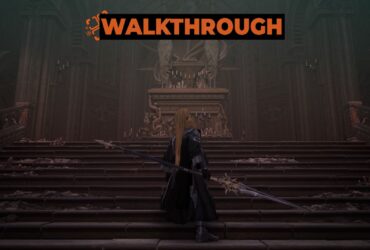We now know that The Witcher 4 won’t be here until 2027 at the earliest. I say ‘now know’ because CDPR officially confirmed yesterday that it wouldn’t arrive by 2026, and everyone who studied mathematics at school will have then figured out that 2027 is the earliest it could arrive. But those who studied critical thinking at school will have already known that.
Footage of The Witcher 4 first appeared at The Game Awards at the end of last year, where it looked mightily impressive but offered no release window and only showed gameplay-adjacent, pre-rendered footage. It was clear then that this game was years away, so the revelation that it is indeed two years out from launch at best is not surprising. But when you break down the cold, hard facts, boy is it depressing.
We’ll Never Get The Witcher 4 Game We Should Have Gotten
When The Witcher 3 launched in 2015, it felt like something had shifted in gaming. Few blockbuster games had offered this much narrative depth before, this much darkness, this much intrigue. Gameplay was great in places, competent in others, and never bad. But what was most impressive was the scope. Though there had been games with bigger maps and longer runtimes before The Witcher 3, the way its side quests influenced the main paths and offered meaningful choices leading to drastically different endings made it feel like we had never played a game like it before. And it will take at least 12 years for that game to get a sequel.
There is logic and reality in play, and we’ll get to those factors, but that just feels bad. In the same way The Witcher 3 felt good through combining ideas and features that had been done before, it feels bad that it has gone a decade without a follow-up, regardless of the reason. The Witcher 3 was once considered the best in class not only for its genre, but for gaming as a medium. Made by a smaller studio than the usual big names, it blustered in with its two swords readied and changed the face of the RPG genre.
But now, we live in a post-The Witcher 3 world. What once seemed unique and foundation shifting has become the foundation. Most RPGs in the past decade are actively trying to be The Witcher 3 – that’s the single biggest criticism Assassin’s Creed Shadows has faced (you know, if you block out all the other stuff). It leaves The Witcher 4 in a bit of a tight spot. It cannot be unique while still being The Witcher, because what made The Witcher unique has been counterfeited into a dozen games since then. It can still be very good, obviously, but its momentum has been stolen ten times over.
Why The Witcher 4 Is Taking Such A Long Time
As I said, there is context. Video games take a long time to make. The Witcher 4 is not an exception to this rule – the window between sequels has extended far beyond the ‘one a year’ pacing of the go-go ’90s I grew up in – but it is the current game we’re discussing. And while we’re discussing it, as well as the broader context of development cycles, there is some very specific context to include: Cyberpunk 2077.
CDPR launched Cyberpunk 2077 in 2020 (the year the tabletop game itself is set), and I think you know the rest. It was simultaneously the greatest game of all time, and didn’t really work. Despite scrapping multiple features in development and pushing it back again and again, Cyberpunk was cripplingly broken at launch. Patch after patch after patch drained CDPR’s resources so much that several expansions were cancelled, leaving Phantom Liberty as the sole slice of DLC for the game.
Outrage is fickle and loving is long, so Phantom Liberty was regarded as a victory lap for CDPR’s efforts in fixing its own mess, leaving the audience, and studio, primed for The Witcher 4 – targeting a release seven years after the disastrous launch of Cyberpunk 2077, and four years after Phantom Liberty shot us in the face to tell us the game is fixed.

Related
Phantom Liberty Finally Gives Cyberpunk 2077 A Cyberpunk Ending
Phantom Liberty adds a new ending to the base game, but it’s the finale of the expansion itself that stands out.
And, of course, The Witcher 4 that launches in 2027 will likely be a ‘better’ game than one we might have gotten in 2017 were the industry not one rife with long development cycles and delays. The nature of gaming being a technologically focussed medium means more recent ventures have a higher ceiling, and I trust CDPR will still reach for that ceiling.
But it no longer feels like A Sequel To The Witcher 3, instead being more like The Next Witcher Game. That’s fine – I want to play The Next Witcher Game. But I also really, really want to play A Sequel To The Witcher 3, and it’s a shame we don’t have an industry that allows it to exist. If we did, we’d all be looking forward to The Witcher 9 in 2027.











Leave a Reply